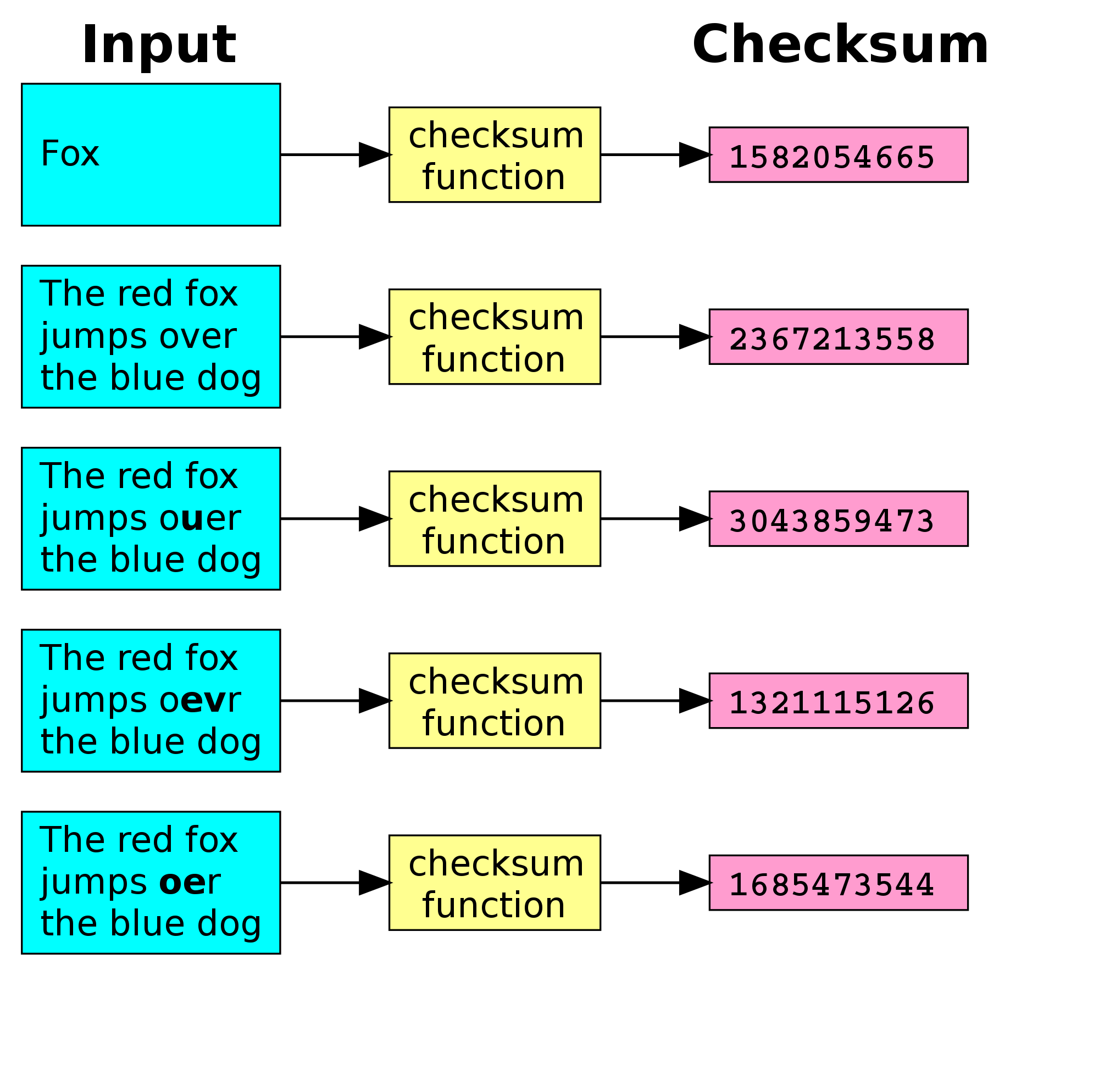steve_1979
Well-known member
Thompsonuxb said:You know when you turn on your device and it formats itself sorts it's files out before you play anything
Do you have any idea what formatting actually means?
Thompsonuxb said:You know when you turn on your device and it formats itself sorts it's files out before you play anything
Thompsonuxb said:Not related. I'm not talking about the reading or transfer being the reason to any degradation in sound but the actual data being read.
You know when you turn on your device and it formats itself sorts it's files out before you play anything or you add new data, is the area I'm talking about.
Thompsonuxb said:Ok.....
I'll comment on it in a minute.
SteveR750 said:Thomson, I'd recommend you read through these pages:
http://www.thewelltemperedcomputer.com/KB/BitPerfectJitter.htm
It will explain the concepts of digital data and transmission. you'll understand why a CDP with a buffer measuring milliseconds is never going to be bit perfect, whereas it's perfectly feasible from a fixed memory source, as you'd find in a PC or a streamer. The quality of the drive used to rip the files is also completely unimportant providing the checksum # gives the right result.
Thompsonuxb said:Ok......
Let it marinate, it'll come clear.
Or you could actually correct me if you can and explain to those who you think I'm misleading how I'm misleading them.
Doubt you will though - maybe the term 'juggling the data to fit' would have been better.
Vladimir said:The Arcam and the Cyrus feed digital signal to the same DAC, both coaxial, both from the same CD. The issue is either inaccurate rip (normalization is frequently forgoten left ON) or it is mere placebo.
steve_1979 said:I think it's safe to assume that you either haven't looked up what a checksum is or you haven't understood how it works.


Thompsonuxb said:How many files saved to your hard drives have become corrupt unusable - a game, text what ever.
One of the reasons you are advised to back-up your files.
When you eventually send your computer/harddrive or whatever away to get 'cleaned' what do you think they're cleaning.
Thompsonuxb said:More data is added to your memory more data is compromised to fit - we are still talking tiny tiny likkle bits of data.
But eventually that data even with software with built in fillers becomes unreadable or becomes noisy.
How many files saved to your hard drives have become corrupt unusable - a game, text what ever.
Thompsonuxb said:One of the reasons you are advised to back-up your files. And encouraged to buy the CD.
Anderson said:Maybe read a book before you go to bed.
matt49 said:Hmm, yes, maybe Jim Lesurf's Information and Measurement. Required reading for anyone interested in how musical data is stored and retrieved.
Matt
Thompsonuxb said:When you eventually send your computer/harddrive or whatever away to get 'cleaned' what do you think they're cleaning.
Anderson said:Maybe read a book before you go to bed.
steve_1979 said:Ahh so that's where all the dust in my computer case comes from. It's all the tiny little bits of missing data!
(this is a joke BTW)
Thompsonuxb said:...But you don't account for corrections.(and I hope you understand what I mean by the term corrections)
Using your diagram looking at our data call it an 'l' for example - it's read in the same way but is a smigin to big for the area it's been stored - just a smidgen, your software instead saves 'i' - see the little gap - without that bit of the original data your file saves perfectly - it plays/reads back no problem.
More data is added to your memory more data is compromised to fit - we are still talking tiny tiny likkle bits of data.
Thompsonuxb said:I tell you, it baffles me how some turn their nose up at some 'sales pitches' but embrace it in other forms.
steve_1979 said:matt49 said:Hmm, yes, maybe Jim Lesurf's Information and Measurement. Required reading for anyone interested in how musical data is stored and retrieved.
Matt
Is it sad that I actually think that looks quite interesting? 🙁

